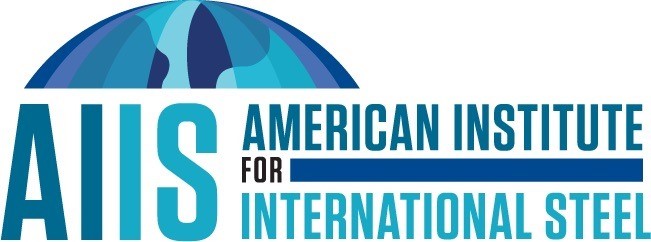
SEATTLE (Scrap Monster): President Trump by Proclamations issued late April 30, 2018 altered the application of additional duties on steel and aluminum under Section 232 of the Trade Expansion Act. All of the country exemptions previously announced were either extended until June 1, 2018 (Canada, Mexico, EU) or made permanent (Australia, Argentina, Brazil), although subject to further modification. South Korea was granted an exemption for steel products based on a quota set at approximately 70% of the average imports over the previous three years. These changes were incorporated in the Customs and Border Protection (CBP) webpage on the Section 232 Tariffs https://www.cbp.gov/trade/programs-administration/entry-summary/232-tariffs-aluminum-and-steel.
The South Korea quota provisions are now incorporated on the CBP quota site https://www.cbp.gov/trade/quota/bulletins/qb-18-118-steel-mill-articles. Specific quota levels are established, with HTSUS Chapter 99 provisions, for a wide range of individual product areas. Quotas are retroactive to January 1, 2018. A few products have a zero quota (certain hot rolled stainless steel bars; sheet piling); a number of quotas have already filled for the 2018 year. Imports of each category are limited to no more than 30% of the quota amount in any calendar quarter. Imports in excess of quota levels will be denied entry.
It has been reported that the negotiations with Brazil on steel will provide for a similar 70% of the previous three year average quota, except that semi-finished will be allowed a 100% quota level. The April 30 Proclamations indicate that Brazil, Australia and Argentina exemptions will continue indefinitely while final details are negotiated, with those details to be announced at a later date.
The Proclamations also alter certain duty treatments. The original announcement did not mention drawback, and it appeared that the Section 232 duties would be treated as regular duties for drawback purposes. The April 30 Proclamations specify that Section 232 duties are not eligible for drawback.
The Generalized System of Preferences (GSP) was reinstated after the original Proclamations were issued. The April 30 Proclamations state that GSP and the African Growth and Opportunity Act (AGOA) will not apply to any products subject to Section 232 duties. Such products are subject to whatever regular duties may apply as well as Section 232 duties. Because Argentina and Brazil, both GSP eligible countries, are exempt from Section 232, they retain eligibility for GSP treatment for such products. Preferences for Section 232 products may be claimed under all other preference programs, although Section 232 duties will be imposed on such products.
The April 30 Proclamations clarified the treatment of products entered into Foreign Trade Zones. As originally noted products subject to Section 232 must be entered under privileged foreign status. The April 30 Proclamations make clear that goods eligible for domestic status under 19 CFR 146.43 (U. S. goods, goods previously entered duty free, and goods previously entered duty paid) retain that eligibility.
Articles of metal entered under HTSUS 9802.00.60, covering U. S. origin metal processed outside the U. S. and returned to the U. S. for further processing, will be subject to Section 232 duties on the full value of the imported article.
Further announcements regarding the continuation or expiration of exemptions for Canada, Mexico, and the EU, and regarding the details of the exemptions for Australia, Brazil, and Argentina, are expected.
Courtesy: AIIS



| Copper Scrap View All | |
| Alternator | 0.40 (0) |
| #1 Copper Bare Bright | 4.17 (-0.03) |
| Aluminum Scrap View All | |
| 356 Aluminum Wheels (Clean) | 0.81 (0) |
| 6061 Extrusions | 0.71 (0) |
| Steel Scrap View All | |
| #1 Bundle | 360.00 (0) |
| #1 Busheling | 380.00 (0) |
| Electronics Scrap View All | |